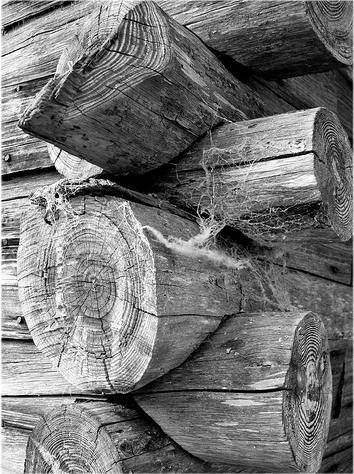I needed a function in PHP that worked like error_log(), but appended to a set of custom files rather than to the standard error_log. I wanted to have an easier way to organize the different types of information, so that important messages weren't buried in an avalanche of less-crucial warnings, but this sort of thing is also great fodder for analytics if you write user events to their own file.
The result is custom_log(). It takes two arguments, a category name that determines which file to write to, and the message you want to log. The message gets written to that file, prefixed with the time and client IP. You can download the code as customlog.zip or it's included below:
<?php
// A module to write out events to a set of log files. Similar to error_log(),
// but with multiple output files.
//
// You'll need to set up a directory that the process running PHP (eg Apache) has
// permission to write to. You'll also need to keep an eye on the size of the log
// files, rotate out old ones once they get too large, etc.
//
// By Pete Warden ( http://petewarden.typepad.com ) – freely reusable with no restrictions
// Edit this to set it to the folder on your server where you want the logs to live
//define('CUSTOM_LOG_ROOT_DIRECTORY', '/private/var/log/apache2/'); // OS X default Apache log directory
define('CUSTOM_LOG_ROOT_DIRECTORY', '/var/log/httpd/'); // Red Hat Linux default Apache log directory
$g_custom_log_categories = array();
$g_custom_log_shutdown_registered = false;
// This function works like error_log(), but takes an extra category argument that
// determines which file the message is appended to.
function custom_log($category, $message)
{
global $g_custom_log_categories;
// If the file hasn't been opened for appending yet, create a new file handle
if (!isset($g_custom_log_categories[$category]))
{
// Make sure there's no shenanigans with special characters like ../ that
// could be abused to write outside of the specified directory
$sanitizedcategory = preg_replace('/[^a-zA-Z0-9]/', '_', $category);
$filename = CUSTOM_LOG_ROOT_DIRECTORY.$sanitizedcategory;
$filehandle = fopen($filename, 'a');
if (empty($filehandle))
{
error_log("Failed to open file '$filename' for appending");
return;
}
// To close any open files once the script is done, and so ensure that
// all the messages are written to disk, register a global shutdown
// function that fclose()'s any open handles
global $g_custom_log_shutdown_registered;
if (!$g_custom_log_shutdown_registered)
{
register_shutdown_function('custom_log_on_shutdown');
$g_custom_log_shutdown_registered = true;
}
// Urghh, this is required to prevent a spew of warnings when more recent
// PHP versions are set to strict errors
if (!ini_get('date.timezone'))
date_default_timezone_set('UTC');
$g_custom_log_categories[$category] = array('filehandle' => $filehandle);
}
// Create the full message and append it to the file
$categoryinfo = $g_custom_log_categories[$category];
$filehandle = $categoryinfo['filehandle'];
$timestring = date('D M j H:i:s Y');
$ipaddress = $_SERVER['REMOTE_ADDR'];
$fullmessage = "[$timestring] [$category] [client $ipaddress] $message\n";
fwrite($filehandle, $fullmessage);
}
// A clean-up function called to make sure all open file handles are closed
function custom_log_on_shutdown()
{
global $g_custom_log_categories;
foreach ($g_custom_log_categories as $category => $categoryinfo)
fclose($categoryinfo['filehandle']);
}
?>

Many institutions limit access to their online information. Making this information available will be an asset to all.